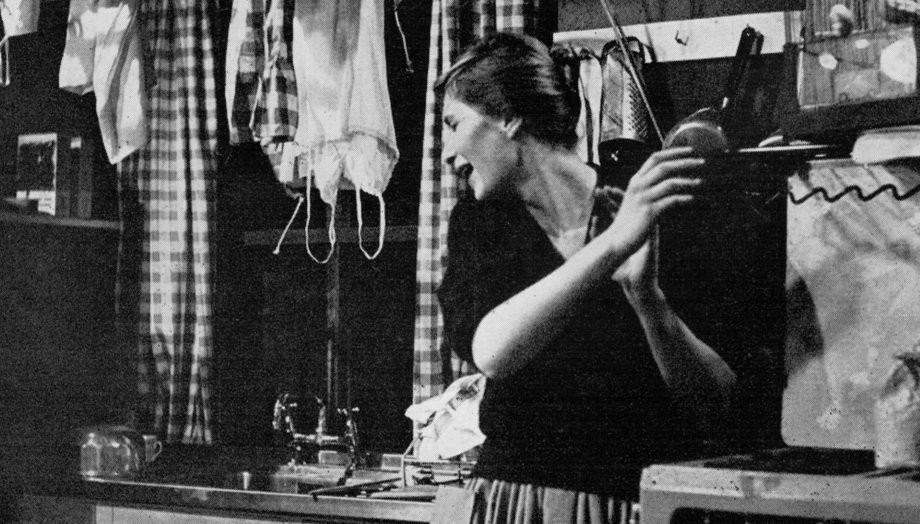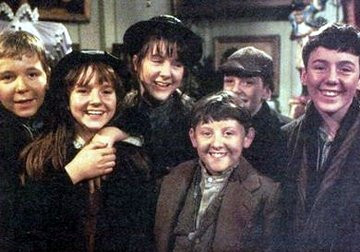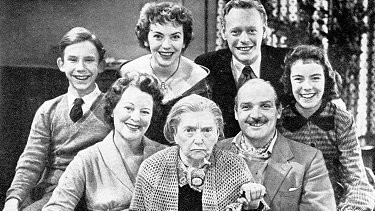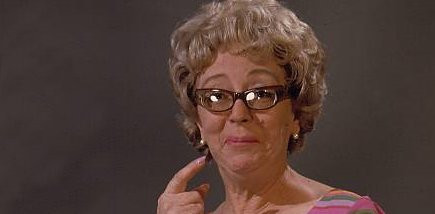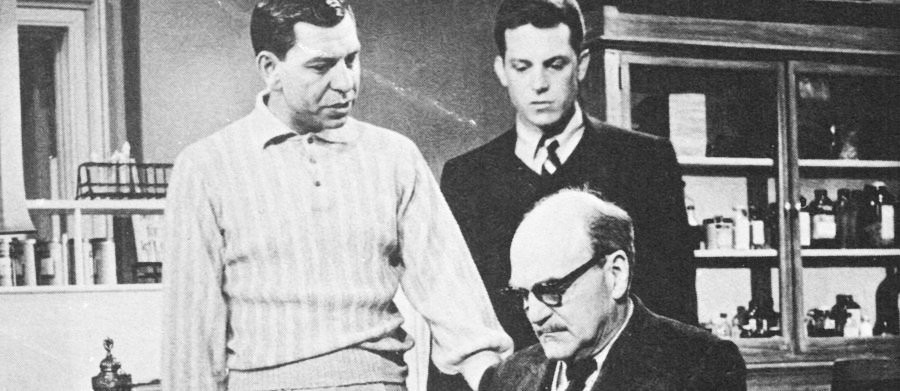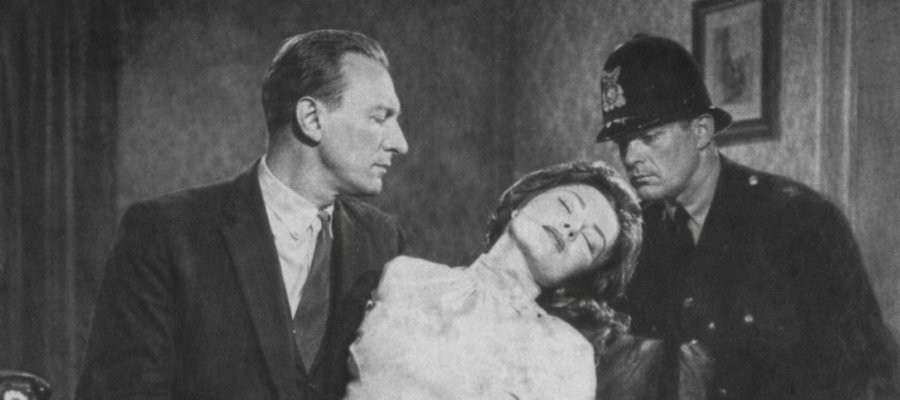
The Broken Horseshoe
1952 - United KingdomFrancis Durbridge was best known as the creator of Paul Temple. When it was announced that he was working on his first television serial, many fans assumed that Temple would feature in the series. Durbridge received a large number of letters expressing excitement about seeing Temple on television and wishing him success with the character’s TV debut. However, as he explained in the Radio Times in March 1952, the central character in The Broken Horseshoe, Mark Fenton, was quite different from Paul Temple.
“To start with, he is neither a novelist nor a private detective,” Durbridge noted. “He doesn’t even read detective stories!”
Durbridge admitted that he had been fascinated by television drama since the early pre-war broadcasts from Alexandra Palace. He had also spent a month in the United States, "popping in and out of studios, watching rehearsals, and discussing the problems which face all writers and producers when—with trepidation—they turn towards the magic of television."
The Broken Horseshoe was a 30-minute British television serial broadcast over six consecutive Saturday nights. It holds the distinction of being the BBC’s first televised thriller serial. The series starred John Robinson (later known for playing Professor Bernard Quatermass in Quatermass II). The mystery begins when a man named Charles Constance is struck by a car and taken to a London hospital. He is operated on by a conscientious doctor, Mark Fenton (Robinson). However, it is soon revealed that the patient was involved with a horse-doping gang and is later murdered by the syndicate. The doctor, by unfortunate circumstance, becomes the prime suspect.
The only person who can clear his name is a young woman—played by Barbara Lott (Sorry! and 2point4 Children)—who witnessed the murder. The cast also included Russell Hunter (Callan), Noel Howlett (Please Sir!), and Delphi Lawrence. As was typical of the time, the episodes were broadcast live, and no telerecording was made. A 77-minute film adaptation was released in 1953 as a British B-movie, starring Robert Beatty and Elizabeth Sellers.
Durbridge once recounted an amusing incident from his trip to America. Upon arrival, he was stopped by a New York customs officer.
“He went through my cases with a fine-tooth comb and eventually pulled out a copy of one of my radio thrillers. He turned it over, examined it from cover to cover, looked at the binding, flicked through the pages—presumably in search of hidden diamonds. Eventually, he looked up and asked, out of the side of his mouth: ‘What’s d’is?’
I told him it was the script of a play.
‘A moider play?’
I said yes, it was a murder play.
He shook his head and raised his hands in a gesture of despair. ‘Every week I listen to d’ese things on the radio,’ he said. ‘An’ every week they get worse an’ worse!’
In a meek little voice, I replied, ‘That’s why I’m here—this one gets better and better.’”
Seen this show? How do you rate it?
Seen this show? How do you rate it?
Published on November 30th, 2018. Written by Laurence Marcus for Television Heaven.


